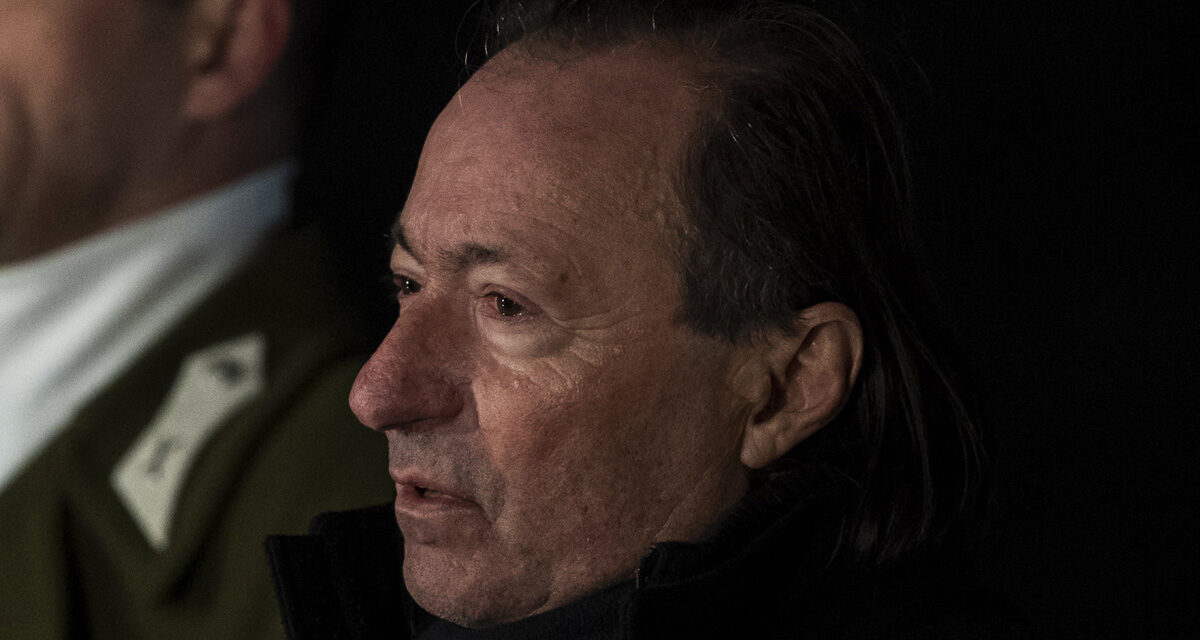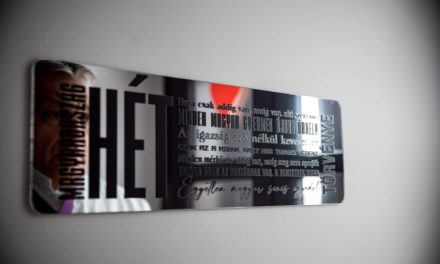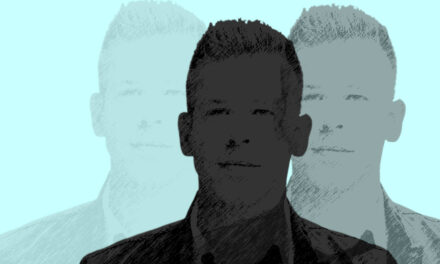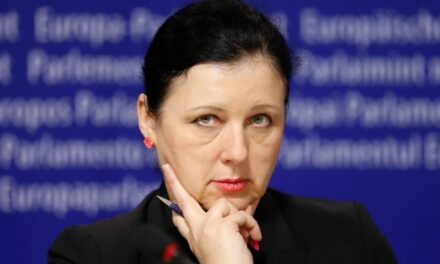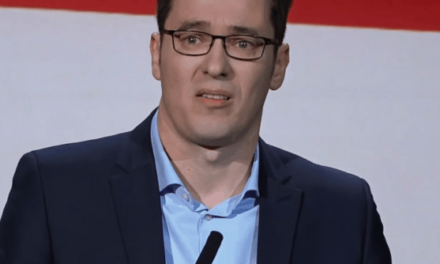The German people bid farewell to civilization without sentimentality and trust in the birth of a new culture; Russia humbly protects its own and builds a new world order. At any cost. Will they fall for each other again?
After the Second World War, everything that was German was stigmatized by the victors and those who sided with the victors. The German people were endowed with all the negative qualities that exist, and those that could not be discarded - punctuality, love of work, perseverance - were tried to be ridiculed or silenced.
Germanness was collectively stigmatized; for decades, the "German" was the evil in movies and novels, more precisely the "radical evil", as Kant said. The "Nazi", the mass murderer, Satan.
Germany worked hard to get rid of this stamp, but it never succeeded. They didn't allow it. In addition, the divisiveness increased the mutual stigmatization even more. The "West German" could not get rid of the Nazi influences, and the "East German" was even added with the communist stamp. Gestapo and Stasi.
The situation hardly changed until German reunification.
In the western part, they could take solace in the economic recovery and the re-establishment of prosperity. This was not given for free, there was a lot of work, will, and thought behind the fact that West Germany was behind the United States in the world economy for a long time in many indicators, in competition with Japan, which also suffered a devastating defeat in the Second World War. This was a serious satisfaction, as was the fact that the country was ostensibly rehabilitated, admitted to NATO, and became one of the pillars of the European Union. The American occupation remained.
After the euphoric first years of unification, Germany again grew too big. A sense of national identity also appeared.
Some of the country's leaders saw it as time to permanently remove the old stamp. Through the power. Doing foreign policy with the economy. This was also served by the introduction of the euro. German technology and labor intelligence + Russian raw materials and energy equals new German dominance in Europe.
This was too much for some people. They started to provoke Poles and Ukrainians. To stop the lines, it is impossible to demand transit fees, etc. The Germans built (with the Russians) the undersea gas pipeline. (Nordic Current.) Then "someones" started the energy war on the second front. The great migration began at that time.
The Germans thought that this was the opportunity: they would kill two birds with one stone: they would wash the stamp off themselves forever and they would do well with cheap labor. Welcome culture. They will be stopped in time, and then they will be strong enough. This is how the war between Russia and Ukraine broke out. Sanctions have arrived. They blew up the Nord Stream.
Russian energy dependence has reached another mark. American energy dependence: the right, moral step.
The Germans were confused. They want to erase the stamp, at any cost. Even by "surpassing" their national existence or civilization. They have no idea how ingrained Spengler's thesis about the death of cultures is in their being. To hell with this culture, the people live on, become a new people by merging with the newcomers and create the new culture.
After the first great cold war, everything that was Russian was stigmatized by the winners and those who rub shoulders with the winners.
The Russian people were endowed with all the negative qualities that exist, and those that could not be rejected - humility, sense of community, sense of self - were tried to be mocked or silenced.
The "radical evil" character of the stamp was heightened to the extreme by the involvement of the Russians in the practical implementation of the communist idea, which cost millions of lives not only in Russia, but throughout Europe. In the chaos after the fall of the Soviet Union, Russia was pushed into a state that deeply hurt the national sense of self. Tens of millions of Russians were subjugated to foreign empires, many territories were annexed to which the Russian national sense of self was most closely connected. So, for example, the Crimean peninsula. In many places (Baltic states), the Russians there were denied citizenship, in Ukraine, after the Russian annexation of Crimea, they conducted a regular campaign of extermination against their own (Russian-speaking) citizens.
The situation has hardly changed until 2022.
In Hollywood movies, the Russians were the "radical bad guys", mass murderers, spies, mobsters. The Russians tried to get rid of these stamps, but they were not very successful. Under Yeltsin and, in the early days, Putin, it seemed that the "Western" path of Russian history, which began sometime with Tsar Peter the Great, was in full effect. Russia capitulated to Western capitalist-globalism, big companies and forms came, the Russians entered the exteriors of Western civilization, but as it turned out, this was only an appearance. The Russians still had some distance from the West, especially when they experienced that
the "West" is no longer satisfied with the status quo established after the fall of the Soviet Union, but is constantly encircling Russia and imposing its will on it.
What a denial, in the West there has always been - already in this new century - some strangeness, fear and uneasiness regarding the Russians. That they only apparently retreated. That they were only temporarily weakened. Perhaps that is why NATO tried and is trying to close them off almost hermetically, involving Finland and Sweden, and arming Poland and Romania to the chin. And strangle Russia's economy. Maybe some remorse can work, wasn't it a mistake to humiliate Moscow so much in 1991? Something like running away, overcompensating.
However, the Russians gave a surprising answer. They are not going towards self-surrender. It's not the first time they've done this. They say they don't ask for this from Western civilization. Rather, they are creating a new world order. Russia is redeeming the world, whose "Western" decline is now inevitable. Perhaps the "West" will try to delay the complete fall with a war, a third one, but this fall cannot be avoided anymore.
This view is deeply rooted in the Russian worldview.
Dostoevsky said at a suffocating gathering in 1880 in the hall of the Noble Assembly: we set out to find our happiness, namely
"not only for ourselves, but for all of humanity, because the Russian wanderer wants to see all of humanity happy in order to calm down: nothing less will do."
Contemporaries saw in this "Russian wanderer" some kind of socialist type. But Antal Szerb also quotes this famous speech like this:
"Regarding its ultimate goals, what else is the strength of the Russian folk spirit than the striving towards universality and human universality? To be truly Russian, to be completely Russian, is to be a brother of all people, or, if you prefer, to be a universal person."
No matter how primitive the idea, I can't get rid of the decades spent in the name of the "Soviet man", even in our country. How did Pravda write on January 1, 1941? "Who knows where we will spend the New Year five or ten years from now: in which zone and on which Soviet meridian?" If not at the meridian, they spent it in ruined Berlin, Warsaw and Budapest.
Who was more responsible for this, the Germans or the Russians, is for the reader to decide.
There once lived a man named Trotsky, who said, "Without Stalin, there would have been no Hitler." The way I see it, there will be a big world war again if these two peoples - the Germans and the Russians - fall into each other again. It is not difficult for them, but we have to look for the instigators outside. Just don't let them succeed! I trust that different times are coming.
It was not true in the first place that Germanness is the same as Hitler (Nazism), Russians are the same as Stalin (communism).
But it is true that with clever moves it is easy to incite both peoples towards unbearable goals and ambitions. Nothing is too expensive for hermits. True "radical evil" is always out of reach somewhere. Is there any other spot like this on this beautiful planet of ours?
The author is a historian
Featured image: MTI/Márton Mónus

